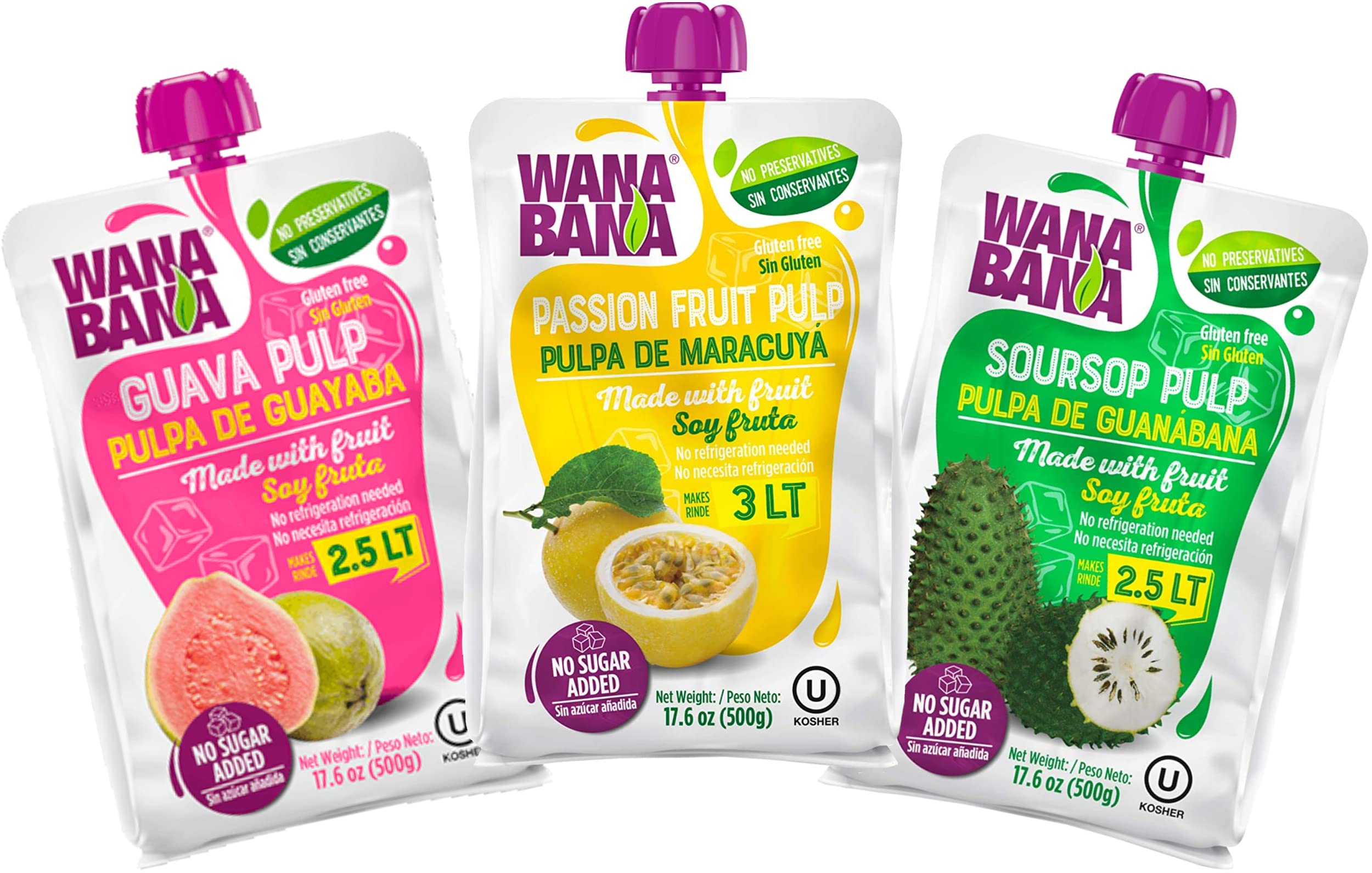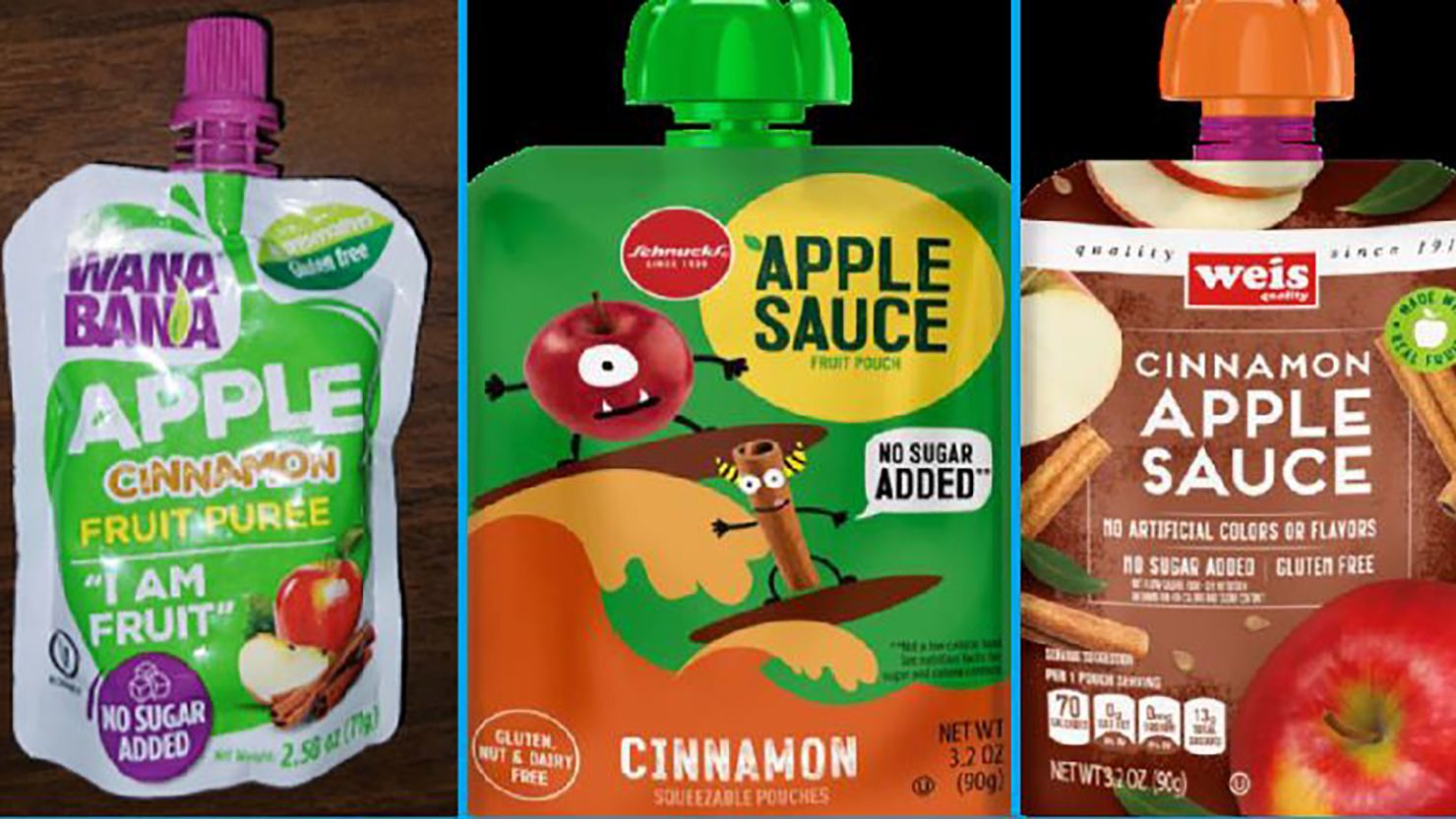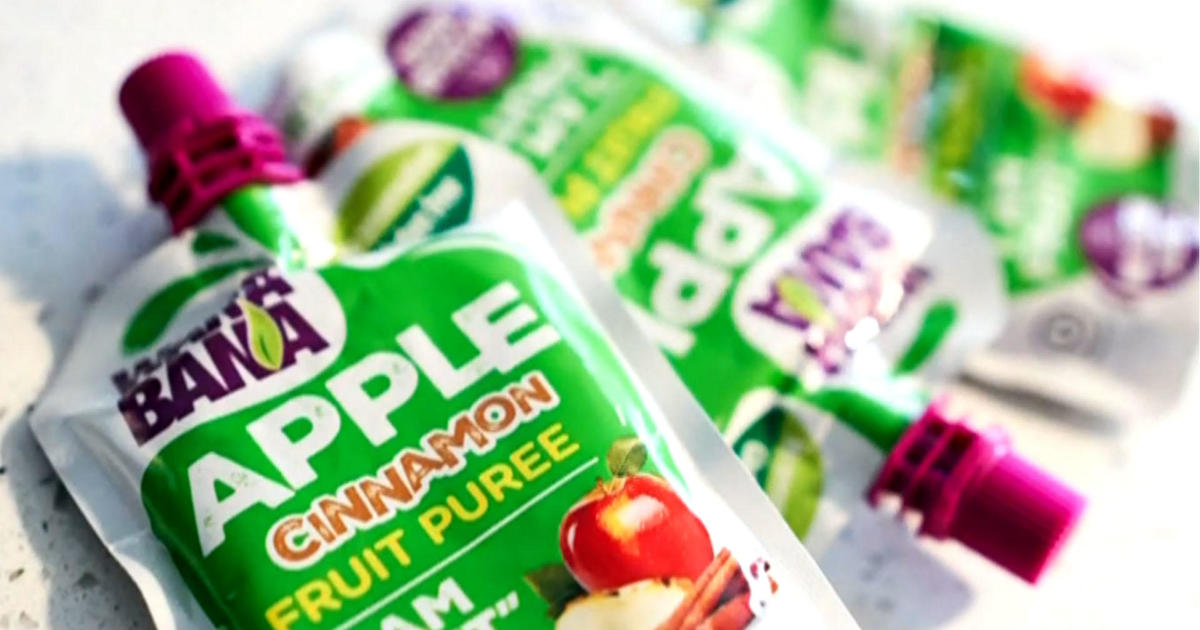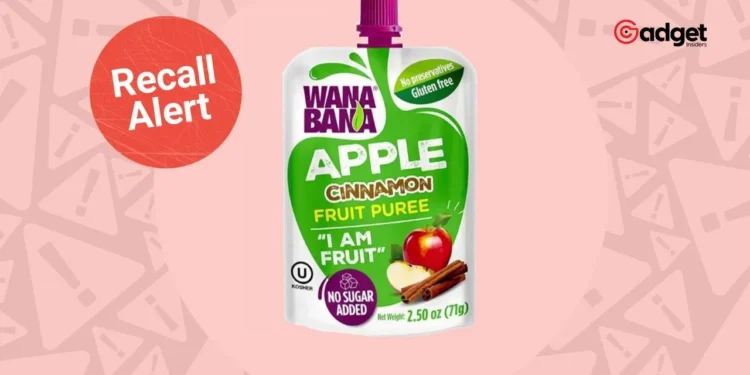In what’s become a bitter twist for WanaBanna, a renowned producer of children’s applesauce, the company finds itself in the throes of Chapter 7 bankruptcy. This drastic step, announced on May 15, follows a tumultuous period marked by a sweeping recall and mounting legal pressures. Late in 2023, health scares linked to their products prompted an extensive recall, casting a long shadow over the brand’s future.

WanaBanna’s Bankruptcy Filing
Unlike Chapter 11, which involves restructuring to stay afloat, Chapter 7 bankruptcy implies that WanaBanna is bowing out, choosing to liquidate its assets to pay creditors. This decision comes after revelations that their cinnamon-flavoured applesauce products contained dangerously high levels of lead, prompting lawsuits and a severe public backlash. The financial disparity is stark: WanaBanna owes approximately $26 million to its creditors but possesses only between $500,000 to $1 million in assets.
Recall Details and Health Implications
The recall involved three specific products: WanaBana apple cinnamon fruit puree pouches, Schnucks-brand cinnamon applesauce, and Weis-brand cinnamon applesauce. Distributed widely, including at popular outlets like Dollar Tree, these products were found to contain lead levels exceeding FDA standards by a shocking margin. Reports from the U.S. Food and Drug Administration highlighted over 90 confirmed cases of lead poisoning in children who consumed these products.
According to health officials, some affected children showed blood lead levels up to eight times higher than the reference level considered safe. “This contamination is a significant health concern, especially considering these products are marketed towards children,” noted an FDA spokesperson. The presence of chromium was also detected, adding another layer of toxicity to the already dangerous products.

The Alleged Economic Manipulation
Investigations suggest that the contamination might have been economically motivated—a chilling insight into how food safety can be compromised. “Compounds like red brick dust and lead chromate were potentially added to mimic cinnamon’s natural colour, boosting the perceived quality of the spice cheaply,” revealed an agency official.
Ongoing Legal and Environmental Scrutiny
As WanaBanna navigates its bankruptcy, it also faces scrutiny from the New York Environmental Protection Bureau and a series of pending lawsuits. These legal battles could shape the discourse around food safety regulations and corporate responsibility for years to come.
Consumer Advisory
For consumers, the advice is clear: avoid and dispose of any remaining pouches of the recalled applesauce products. With their extended shelf life, there’s a risk that these products may still be found in households unaware of the recall.

The Bigger Picture
WanaBanna’s downfall is a cautionary tale of what happens when safety shortcuts are taken in food production. It underscores the vital need for stringent quality controls and transparent practices in the food industry, especially when the health of the most vulnerable—our children—is at stake.
This incident will likely ignite a broader conversation about food safety standards and the need for rigorous enforcement to prevent such disasters in the future, as the health of consumers must always be the priority.










